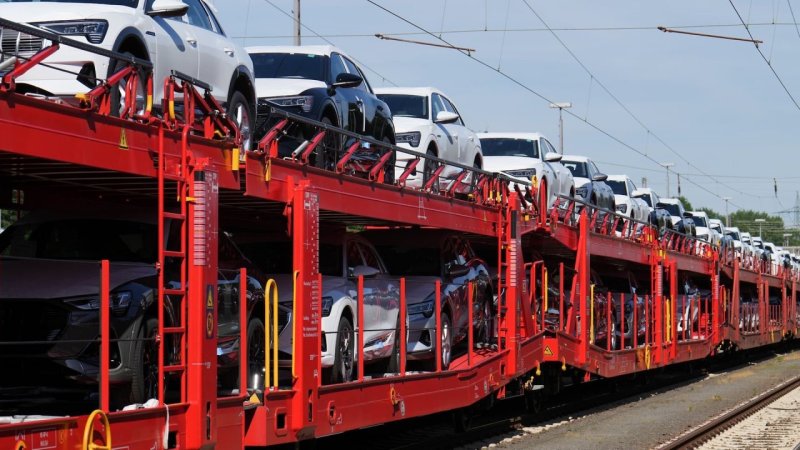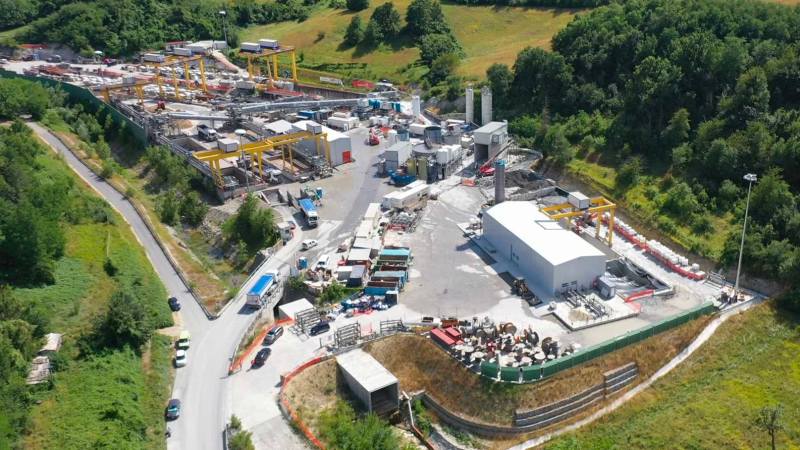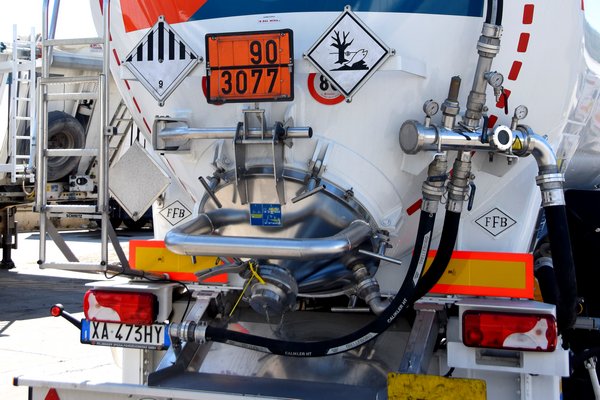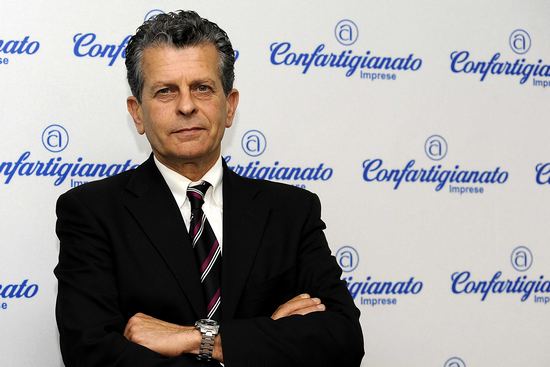Increasing access fees to cover costs and balance budgets, or, conversely, offering discounts to promote rail usage? Different administrations appear to be taking diverse, if not opposite, approaches to this question. Two contrasting examples are Romania, which has chosen to reduce costs, and Kazakhstan, which is pushing for tariff increases.
Romanian Railways, Compania Națională de Căi Ferate (CFR), decided on a significant reduction in network access costs with a clear objective: to promote intermodal transport. This type of traffic particularly benefits from tariff reductions, which can reach up to 33% off standard costs. Romania's railway tariff policy is complex and based on various factors, including distance traveled, chosen routes, train weight, and the type of goods transported.
To achieve maximum tariff reduction, in addition to providing exclusively intermodal transport services, specific routes likely chosen based on line saturation must be used. The discount does not apply, or only partially applies, to railway companies already benefiting from other concessions, such as those for international transport. Additionally, CFR specifies that the discount is not granted to carriers who are not up to date with payments, giving them a maximum period of 35 days to settle their debts.
While Romania is cutting costs, Kazakh railways, on the other hand, are focused primarily on budgetary needs. Kazakhstan Temir Zholy (KTZ) requested a 20.3% increase in network access fees from the government. KTZ justifies this request due to rising costs and investments in new lines, aiming to generate at least 150 million euros.
At the beginning of 2024, the railways had already increased standard track access costs by 5%, with freight transport seeing hikes of up to 35%. In March 2024, KTZ planned further price adjustments for transporting specific goods like coal, iron, and scrap metal. However, the government rejected this request following protests from client companies concerned about their competitiveness.
Despite repeated price increases, KTZ’s budget remains deeply in deficit. Consequently, the national parliament has supported splitting the railways into a network management company, directly dependent on the Ministry of Transport, and a transport company, to clearly delineate cost and budget boundaries.
Piermario Curti Sacchi































































